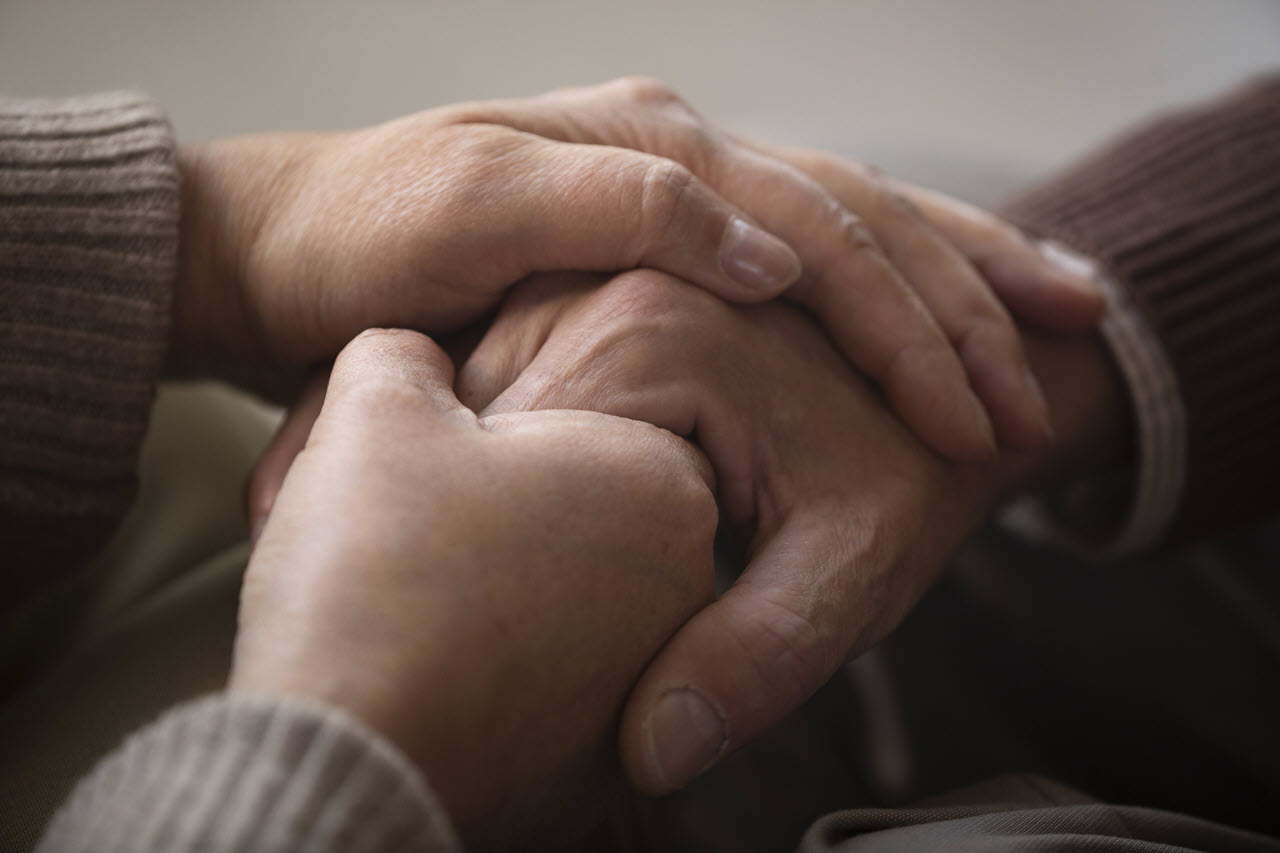Jakarta, 26 May 2023 - Alzheimer's is a disease that affects memory, emotions, behaviour, and other brain functions. Globally, more than 50% of people diagnosed with dementia are alzheimer's, in Asia Pacific there are 26.9 million people with alzheimer's and while 1.2 million people in Indonesia suffer from alzheimer's. This encourages Alzheimer Indonesia (ALZI) to continue to strive to help alzheimer sufferers in Indonesia.
Executive Director of Alzheimer Indonesia (ALZI), Michael Dirk, and Scientific Director of ALZI and professor of the Faculty of Medicine, the Atma Jaya Catholic University of Indonesia, Prof. Dr. Yuda Turana, Sp.S., spoke with Jimmy Manan on the VoA Indonesia podcast to discuss how to tackle alzheimer's in Indonesia.
The explosion of the elderly population in Indonesia is triggering an increase in alzheimer's sufferers. From 1.2 million, it is predicted that by 2030 it will increase to 2 million sufferers, and by 2050 it will increase to 4 million. ALZI continues to advocate to the government for early detection or screening of cognitive or noble functions to reduce the growth rate of dementia in Indonesia.
In addition, ALZI also endeavours to continue raising public awareness through various activities with the campaign, "don't make sense of senile dementia". Every sign of senility must be recognised by the community, so that appropriate treatment can be carried out.
Seeing this, Prof Yuda conveyed how dementia management is done. "Dementia management is not solely based on pharmacological approach or drugs. A comprehensive approach is needed for patients and their companions in managing dementia."
Pharmacological management of dementia does not have many drug options compared to other diseases, both in Indonesia and the world use the same drugs in the treatment of dementia. The current drugs are useful for slowing down the progressiveness of the disease.
"ALZI has conducted various activities to raise public awareness since 2013," said Michael, Executive Director of ALZI. Since then, there has been an increase in public awareness as seen by a 300% increase in brain function checks at 3 major hospitals in Indonesia.
Michael also said that currently the Ministry of Health is also making preventive efforts with the elderly posyandu service. So that people can do early detection at the health centre for free through BPJS services.
"The initial approach to dementia management can be done with environmental interventions first. This is a combination of pharmacological and non-pharmacological approaches," added Prof Yuda, ALZI's Scientific Director and professor at the Faculty of Medicine, the Atma Jaya Catholic University of Indonesia.
Komunikasi Caregiver berperan penting untuk pasien demensia alzheimer.
Prof Yuda emphasised that this non-pharmacological approach is important in addition to pharmacological treatment. Both with environmental interventions and by improving the competence of the caregiver or the person who cares for the patient. The role of the caregiver in communicating with the patient is very important.
In addition to detecting alzheimer's as early as possible, another thing that can be done is to avoid risk factors or prevention, especially in the mid-life phase. There are two factors in this prevention, namely modifiable and non-modifiable, where things that can be changed or modifiable are lifestyles.
Changing lifestyle is the solution to prevent this. Changing lifestyle in the mid-life phase is highly recommended to reduce the risk of suffering from alzheimer's dementia.


